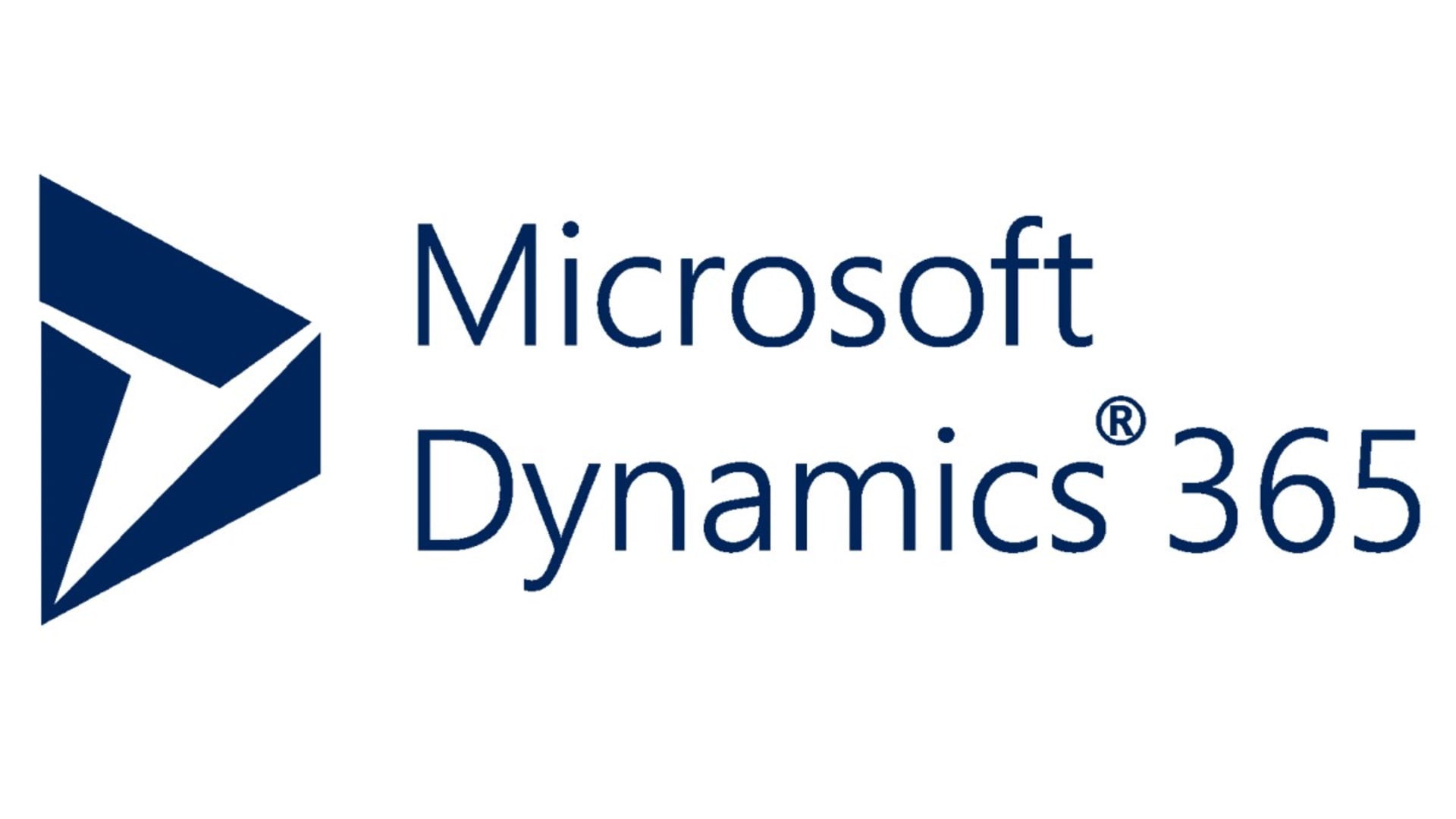For quite some time now, retail has relied on numerous technologies to provide better customer experiences. However, few of those became ubiquitous as customer relationship management platforms (more commonly known as CRMs). Thanks to CRMs, retailers can save, visualize and analyze customer behavior patterns and information in a single platform.
CRMs provide a personalized experience to your customers, segment your audience for marketing purposes, analyze your sales data, and even integrate e-commerce components.
What is Retail CRM?
Retail CRM (also known as CRM for Retail) is a software system that collects all sorts of data from your customers in such an intelligent way that it optimizes business performance.
It’s important to rethink CRM in 2022, as these tools provide valuable insights into consumer behavior and when are the best times to follow up with them, as well as predict what they are likely to purchase, based on previous behavior.
Retail CRM filters cases of high-frequency purchases, repeated purchases, and key dates or times when specific sales take place. By using this information, your sales team will better organize their workflow, improve customer experience, and increase sales, all thanks to the insights from this centralized customer-centric system.
What is the importance of Retail CRM?
Retail CRM tools have a myriad of benefits that can range from enhanced strategy, increased customer retention rates, improved marketing campaigns, and boosted overall company performance.
Custom Retail Software Applications can increase revenue through the use of analytics and customer stats which help manage your retail business more efficiently. It’s no mystery that consumer behavior is influenced by marketing and social media. Therefore, knowing what a customer is looking for as well as the best time to reach out to that particular customer will give you an edge as to how to direct your sales efforts and generate better business results.
For example, tracking purchase history provides valuable data that a business can leverage to inform its marketing and branding strategies. In this way, you can develop custom features that fit your business needs, match customer demands, and help drive business.
Which are the types of CRM?
Chances are that you’re already aware of what customer relationship management platforms (or CRMs) can do for your retail store. You may have even decided to implement one in your company, and you may also be analyzing the options you’ve found in the market. But before doing that, there’s something you should consider: is an off-the-shelf CRM the best option for you? In other words – have you thought about the possibilities that could open up for you with a custom CRM?
Choosing either an off-the-shelf CRM solution or a custom one can drastically affect the value your business gets in the end. Thus, you should analyze what both of them have to offer you, their pros and their cons, and then (and only then) decide which is the way to go. As a company that provides top CRM Consulting Services, we can help you do that.
Read on to learn more about the differences between these two approaches to CRM for retail.
Custom Retail CRM Software
CRM solutions have positioned themselves as one of the essential picks in retail management software because of their wide array of features that boost client experience. These platforms bring so many possibilities that you can virtually do anything you want with them. That’s especially true for custom solutions since they allow you to define the features you need ahead of time and get them developed to fit perfectly into your workflow.
Other benefits you can get from a custom CRM software include:
- Seamless Integration With Your Retail Environment: Since a custom CRM solution is developed just for you and your business, the software engineers can plan it with any requirement you have. Thus, apart from listing the features you want it to have, you can also point to the other retail applications you use daily and that need to connect with the CRM. By doing that, the resulting software will be easier to integrate into your environment and it will show a better performance.
- Increased Security: One of the most important reasons you should go for a custom CRM software is to get a higher security level. That’s because its underlying code will be developed specifically for you and won’t be accessible to anyone besides you and the engineering team. That means that any malicious agents targeting you for attack won’t know all your security measures in advance. Besides, the engineers will use the latest security technologies to improve your protection.
- Completely Scalable: Since you’ll build your CRM solution from scratch, you’ll have a robust architecture on which you can further develop your platform. You’ll be able to scale your CRM as you need since you’ll have healthy foundations on which to do so. Besides, since it’ll be your own solution, you’ll have complete control and ownership over it, giving you the flexibility to increase capabilities when needed.
- Detailed Managerial Control And Reporting: That complete control we just mentioned? That also means that you’ll thoroughly monitor anything and everything going on in your CRM. There’ll be no limitations as to which parts of the platform you’ll be able to explore and inspect. That will let you apply improvements in your workflow, better define users’ privileges, and develop a sophisticated reporting system with the parameters you want.
- On-Demand Updates: Another perk of ultimately owning your custom CRM software is that you’ll call the shots as to when to update or upgrade it. You won’t need to wait for a third-party vendor to decide when is the best time to add new features or revamp the interface – that’ll be totally up to you, and you’ll be able to update the system as frequently as you need.
- Thoroughly Aligned With Your Business: All of the benefits above converge to provide you with a powerful solution that you can tweak and change at will to fit your business goals better. From defining the number of features you want it to have, to creating an updating schedule convenient for you, a custom CRM solution is the only alternative that can be completely in sync with your retail strategy.
Custom CRM Cons
Naturally, custom CRM solutions have a few cons. The most important ones are that they can be more costly than off-the-shelf applications and that it can take longer for you to enjoy them (as the engineering team will take more time to craft it according to your requirements). However, the pros highly outweigh the cons, which turns the customization into a huge contender in this comparison. Now, let’s review the pros and cons of off-the-shelf solutions.
Off-The-Shelf Retail CRM Software
As a quick Google search can show you, there are plenty of off-the-shelf CRM platforms for retailers. That means that if you feel the urge to integrate one for your business right now, you can do so, as you’ll only need to subscribe to the service you pick and combine it with your existing environment. Such immediate availability constitutes the first real advantage of off-the-shelf CRM solutions.
But that’s just one of its advantages. Other common pros of off-the-shelf CRM applications include the following.
- Many Features At Your Disposal: Many modern pre-packed CRM solutions offer a comprehensive feature set covering most of the things you’ll need. Thus, subscribing to an off-the-shelf solution can provide you quick access to numerous tools that you can begin to leverage in the same moment you hire the platform.
- Quick Installation: Off-the-shelf CRM software often promotes itself as “plug and play,” meaning that you’ll be able to integrate it with your existing retail applications by following a series of simple steps. These solutions already have built-in integrations that can quickly connect you with the most popular services (from email providers to project management systems).
- Reduced Adoption Cost: Depending on the off-the-shelf solution you end up hiring, you’ll either pay a flat monthly fee or pay per user. Thus, you can access a powerful set of tools at a reduced cost compared to the cost of developing a custom CRM software.
- Free Trials: Most of the prepacked CRM solutions offer free trials or demos for you to get acquainted with them. Thus, you have a grace period at no cost to check whether the platform can meet your needs or not.
Off-The-Shelf CRM Cons
As you can see, off-the-shelf CRM software is perfect for retailers who want to improve their inner processes quickly. However, there are some things you should have in mind before hiring one of them. For instance, you’ll be tied to the development schedule of the provider. You’ll only get updates or upgrades when a third party decides to do it.
Then, there are the features. While you’ll get access to many options, they might not be perfectly aligned with your processes. What’s more, they can end up being useless for you, meaning that you’ll pay for something you won’t use.
Also, we need to take a look at costs. While you’ll be paying less than what you would with a custom CRM at first, you’ll end up paying more in fees in the long term. Costs will also increase if you are on a per-user basis, which will directly hurt your scalability prospects.
Finally, you’ll be more exposed to attacks and security issues. Since you won’t have control over the platform, you’ll have to rely on your vendor’s security measures. Though they often use the latest security measures, these vendors are also more visible, increasing the likelihood of an attack, as malicious agents can analyze the code for vulnerabilities.
The Right Decision
So there you have them, the pros and cons of both off-the-shelf and custom CRM solutions. Which one is right for you? It’s hard to say, as you are the only one that understands your exact business needs. If you have a limited budget, require basic features, or need a solution ASAP, it’s clear that an off-the-shelf solution is the best course of action.
However, if you are looking to invest in your business, or have growth prospects for your retail store, then developing a custom CRM software is always the best choice. A custom solution is tailor-made according to your specific needs.
You must analyze and define which option is best for your organization. At BairesDev, we deliver CRM consulting services that will provide the best CRM strategy for your business.
How can I improve my Retail CRM?
To improve your Retail CRM you must be able to identify and understand how to upsell your most valued customers. It’s key to create a segmentation of customers and sync details in order to improve the ROI of your marketing efforts.
From then on, you’ll be able to improve your Retail CRM through changes such as:
- Enhance customer experiences
- Avoid losing leads from your sales funnel
- Adopt multi-channel customer support
- Receive customer feedback automation processes that improve productivity
- Leverage predictive customer behavior analytics






